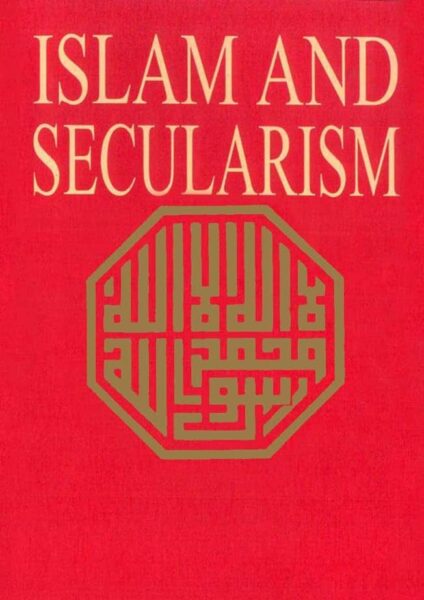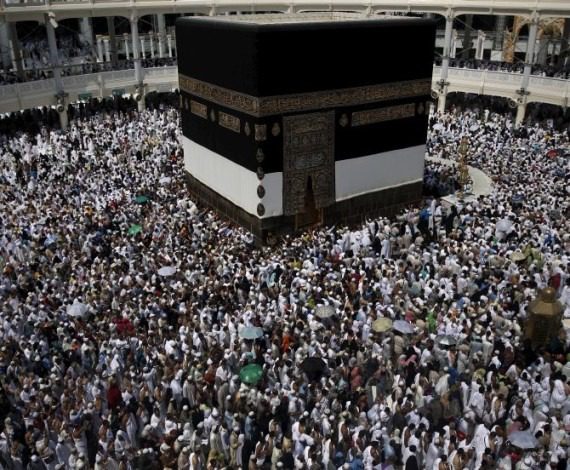Northern Nigeria has long been a melting pot of diverse cultures and religions, but in recent years, tensions have been rising between those who want a secular state and those who want to impose Islamic law. This conflict is not just about politics, but also about identity and values. At stake is nothing less than the soul of Northern Nigeria. Will it become a secular, pluralistic society, or will it be governed by strict religious law? This is the question at the heart of the region’s most heated debate.
Secularism is the principle of separation between religion and government, and the promotion of a neutral public sphere. It’s the idea that laws and policies should be based on reason and evidence, rather than religious beliefs. In Northern Nigeria, secularism is often seen as a threat to the region’s muslim identity, while islamism known as an ideology that aims to create a state governed by Islamic laws or sharia, is often associated with fundamentalist or extremist views.
In a secular society, religious beliefs and practices are not imposed by the state, and religion isn’t used as the basis for government policies. In Northern Nigeria, some islamists have called for sharia law to be applied more broadly, including in criminal justice and education, while heated fumes between secularism and islamism depicts an approval of an Islamic state amidst arguments for a more secular state. The tension often manifests in debates over issues like “The Role of Religion in Education and the Legal System ‘What’s your take on Secularism in Northern Nigeria”.
The tension between secularism and Islamism in Northern Nigeria is quite tense at the moment, particularly due to recent developments. For example, in the state of Kaduna, a new law was introduced in August of this year requiring schools to be “100% secular” and prohibiting the use of religious dress in schools. This has sparked protests from many Muslim parents, who see the law as an attack on their religious freedom. In addition, there’s been an increase in violent attacks on Christian communities in Northern Nigeria, leading to further tension and fear.
In a nutshell, the tension between secularism and Islamism in Northern Nigeria can be traced back to the legacy of colonialism and the conflict between Western and Islamic values. This conflict has been exacerbated by global events such as the War on Terror and the rise of Islamophobia, which has fueled feelings of marginalization and insecurity among Muslim communities.
One of the biggest recent factors contributing to the tension between secularism and Islamism in Northern Nigeria is the ongoing conflict between the Nigerian military and the Islamic militant group Boko Haram. The conflict, which began in 2009, has led to violence and instability in the region, and has fueled anti-Muslim sentiment in Nigeria and beyond. It has also caused thousands of deaths and forced millions of people to flee their homes.
There are a number of recent studies and reports that provide data on the tension between secularism and Islamism in Northern Nigeria. For example, the Pew Research Center’s Global Religious Futures Project has found that the share of Muslims in Northern Nigeria who say that there is a conflict between Islamic and Western values has increased in recent years. Similarly, the U.S. State Department’s International Religious Freedom Report has documented an increase in anti-Muslim sentiment and violence in Nigeria.
Another example is the Nigeria General Household Survey Panel (GHS-Panel), which was conducted by the National Bureau of Statistics. This survey collected data on a wide range of topics, including religion and social attitudes. For example, the most recent round of the GHS-Panel (from 2018-2019) found that only 13% of respondents in the North West region (where most of Northern Nigeria is located) identified as secular. On the other hand, 95% of respondents in the same region identified as Muslims.
Decreased tourism and investment due to perceptions of the region’s instability, iterated divisions between those advocating for secularism and exuding Islamic moves, and reduced funding for education are few among the detrimental effects of the heated tension in Northern Nigeria. Enrollment in higher institution situated in Northern Nigeria have been abruptly decreased due to the reduced quality of education.
Some data from Nigerian organizations can be used to support the claim about the decline in tourism and investment in Northern Nigeria. For example, the Nigerian Tourism Development Corporation has released statistics showing a decline in tourism in the country, with a significant drop in visitors to Northern states like Kaduna and Kano.
Similarly, the Nigerian Investment Promotion Commission has documented a decline in foreign direct investment, with a particular drop in investments in Northern states like Jigawa and Borno. The data from the Nigerian Tourism Development Corporation was published in 2019, while the data from the Nigerian Investment Promotion Commission was published in 2020.
One possible solution to the tension between secularism and Islamism in Northern Nigeria is to promote a more nuanced understanding of both concepts. For example, secularism does not necessarily mean a rejection of religion, but rather a separation of religion and state. Similarly, Islamism does not necessarily mean a rejection of democracy or human rights, but rather a focus on implementing Islamic principles in society. By acknowledging these nuances, it may be possible to find common ground and build a more inclusive society.
In order to address the tension between secularism and Islamism in Northern Nigeria, one potential solution would be to promote religious tolerance and understanding. This could include initiatives like interfaith dialogue, religious education, and cultural exchange. It’s important to recognize that there are many different perspectives and approaches to religion, and that people of all faiths should be respected and allowed to practice their beliefs.
This solution may arouse some controversy, as it could be seen as giving one religion privilege over another. Some may argue that secularism is the only solution, while others may feel that this approach does not do enough to protect the rights of religious minorities.
Post Views: 941




















